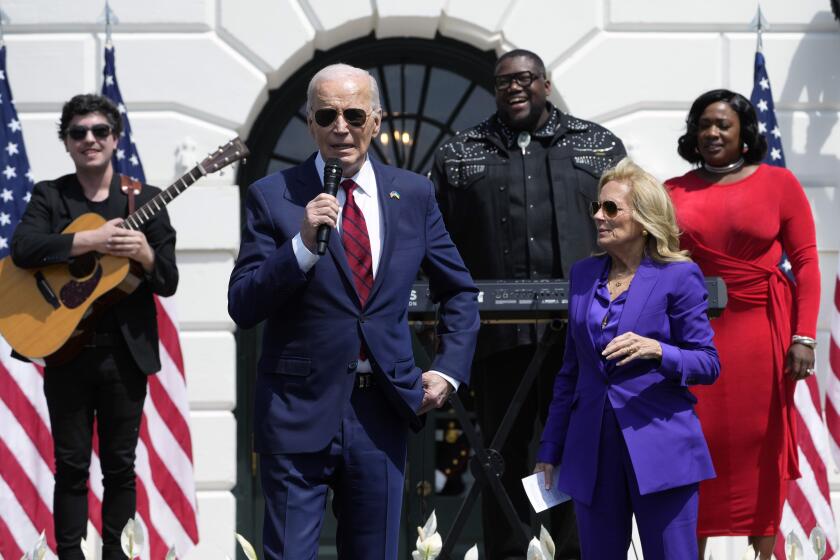Brazil authorizes elite police force to patrol Rio’s highways
Brazilian President Jair Bolsonaro ‘s administration on Friday authorized an elite police force to patrol federal highways in Rio de Janeiro, a southeastern state whose capital will host Carnival festivities over the next several days.
Justice Minister Sergio Moro’s decision, published Friday in the Official Gazette, will deploy members of the National Public Security Force (FNSP) on those highways for an initial period of 15 days.
The action comes at a time when thousands of people are traveling to Rio, always a major tourist destination during Carnival and a city racked by a wave of violence dating back to mid-2016, when it hosted the Summer Olympics.
Created in 2004, the FNSP is made up of military police and civil police from several Brazilian states and is used during cases of emergency or calamity.
Authorities have bolstered security during Carnival, which officially begins on Friday in Rio de Janeiro with the symbolic handing of the keys to the city to the fictional King Momo.
Millions of tourists are expected to visit Rio during the five days of pre-Lenten festivities, including both foreigners and Brazilians from other states.
Last year’s Carnival was marred by various violent episodes in some of the city’s most popular tourist areas, prompting then-President Michel Temer’s administration to put the army in charge of public security in Rio de Janeiro state.
That federal intervention, which lasted 10 months and ended on Dec. 31, came under sharp criticism from the outset due to an increase in deaths during security operations, a rising number of shootouts and mismanagement of funds budgeted for that deployment.
Two weeks before the intervention ended, New York-based Human Rights Watch issued a report saying that police killings in Rio de Janeiro state had soared to a record high.
The Dec. 19, 2018, report, which cited figures from the Public Security Institute, a state agency, said that between January and November of last year police killed 1,444 people in that southeastern state.
It said that meant police killings in 2018 had already eclipsed the previous record of 1,330 in 2007, noting that the state had started collecting that data in 1998.
“Military-style security operations that leave a trail of death in poor neighborhoods do not enhance public security,” Daniel Wilkinson, HRW’s managing director for the Americas, said then. “On the contrary, these killings make communities fear the police and much less likely to collaborate with the police in the fight against crime.”



